Co-occurring disorders, also known as dual diagnosis, refer to the simultaneous presence of a mental health disorder and a substance use disorder. These complex and intertwined conditions are increasingly common among young adults and can significantly impact their quality of life. At Lifestyle Independence in Los Angeles, CA, we specialize in providing comprehensive and tailored treatment programs to address these challenges. In this blog, we will explore the nature of co-occurring disorders and the unique characteristics of our treatment programs, as well as offer practical tips and support options for families.
What are Co-Occurring Disorders?
Definition and Prevalence
Co-occurring disorders occur when an individual suffers from both a mental health disorder, such as depression, anxiety, or bipolar disorder, and a substance use disorder involving drugs or alcohol. According to the Substance Abuse and Mental Health Services Administration (SAMHSA), approximately 9.2 million adults in the United States experience co-occurring disorders. Young adults are particularly vulnerable due to the transitional nature of this life stage, which can include significant stressors such as academic pressures, relationship issues, and the quest for independence.
Common Mental Health and Substance Use Disorders
Common mental health disorders associated with co-occurring conditions include depression, anxiety disorders, bipolar disorder, and schizophrenia. Substance use disorders often involve alcohol, marijuana, opioids, and stimulants. The interaction between these disorders can exacerbate symptoms, complicate diagnosis, and hinder effective treatment, making integrated and specialized care crucial.
Lifestyle Independence’s Treatment Programs
At Lifestyle Independence, we understand the unique challenges co-occurring disorders pose in young adults. Our treatment programs are designed to provide comprehensive support, advanced treatment options, and exceptional care. Here’s an overview of our critical programs:
Integrated Treatment Approach
Our integrated treatment approach addresses both mental health and substance use disorders simultaneously. This holistic method ensures that all aspects of an individual’s health are considered, leading to more effective and sustainable recovery. Key components include:
- Personalized Assessments: We conduct thorough assessments to understand each client’s specific needs and conditions.
- Coordinated Care Plans: Our treatment plans are coordinated to address both disorders concurrently, ensuring a seamless and cohesive approach.
- Evidence-Based Therapies: We utilize proven therapeutic techniques such as Cognitive Behavioral Therapy (CBT), Dialectical Behavior Therapy (DBT), and Motivational Interviewing.
Crisis Interventions
For young adults experiencing acute crises, our crisis intervention services provide immediate support and stabilization. We offer:
- 24/7 Crisis Hotline: Our team is available around the clock to respond to emergencies and provide immediate assistance.
- Rapid Response Teams: We deploy rapid response teams to address critical situations and offer on-the-spot intervention.
- Short-Term and Long-Term Support: While immediate stabilization is the first step, we also focus on long-term recovery and support.
Parent Support & Coaching
Supporting young adults with co-occurring disorders can be challenging for parents. Our Parent Support & Coaching program offers:
- Educational Workshops: We provide workshops to educate parents on co-occurring disorders and effective support strategies.
- Individual Coaching Sessions: Personalized coaching helps parents navigate their unique challenges and develop effective coping strategies.
- Support Groups: Connecting with other parents facing similar issues offers valuable peer support and shared experiences.
Counseling & Mentoring
Our Counseling & Mentoring program focuses on long-term healing and personal growth for young adults. Services include:
- Individual Counseling: One-on-one sessions with licensed therapists address specific mental health and substance use issues.
- Group Therapy: Group sessions offer a supportive environment for sharing experiences and learning from others.
- Mentoring Programs: Our mentoring programs pair clients with trained mentors who provide guidance, support, and encouragement throughout their recovery journey.
Tips and Support Options for Families
Early Recognition and Intervention
Recognizing the signs of co-occurring disorders early can significantly impact outcomes. Common indicators include drastic changes in behavior, mood swings, withdrawal from social activities, and substance abuse. Early intervention can prevent the disorders from worsening and increase the chances of successful treatment.
Open Communication
Maintaining open and honest communication within the family is vital. Encourage young adults to share their feelings and experiences without fear of judgment. Active listening and empathy can help build trust and create a supportive environment.
Professional Help and Resources
Seeking professional help is crucial in managing co-occurring disorders. Lifestyle Independence offers a range of services tailored to young adults’ unique needs. In addition, community resources such as support groups, educational materials, and online forums can be utilized for additional support.
Developing a Support Network
Building a strong support network is essential for both young adults and their families. This network can include friends, extended family, healthcare providers, and support groups. A robust support system provides emotional and practical assistance, reducing the sense of isolation.
Need Help? Contact Us Today!
Co-occurring disorders present significant challenges, but with the proper support and treatment, young adults can achieve lasting recovery and lead fulfilling lives. At Lifestyle Independence, we are dedicated to providing exceptional care and advanced treatment options tailored to the needs of young adults and their families. If you found this blog helpful, please share it with others who might benefit. Contact the Lifestyle Independence team today for more support and to learn about our programs.
FAQs
Co-occurring disorders refer to the simultaneous presence of a mental health disorder and a substance use disorder.
Approximately 9.2 million adults in the United States experience co-occurring disorders, with young adults being particularly vulnerable due to various life stressors.
We offer an integrated treatment approach, crisis interventions, parent support and coaching, and counseling and mentoring programs.
Parents can support young adults by maintaining open communication, seeking professional help, and building a solid support network.
You can contact us through our website or our 24/7 crisis hotline for immediate assistance.
